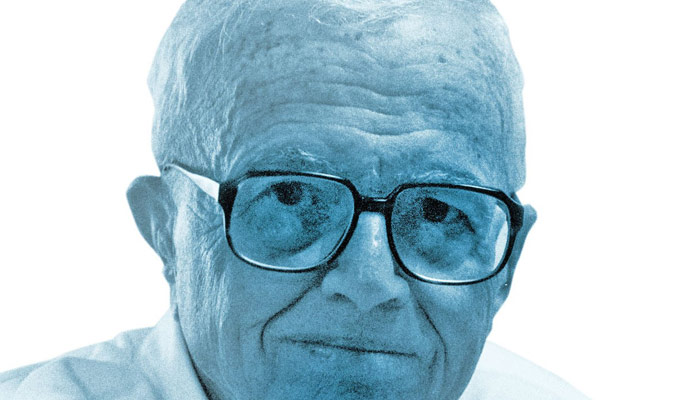More than a decade ago, when I was looking for books that could teach me how to be a better writer, I stumbled upon William Zinsser’s “On Writing Well: The Classic Guide to Writing Nonfiction.”
I quickly devoured — hold on, strike that — I slowly and methodically ingested every sentence of his book, underlining sentences and scribbling notes in the margins and drawing stars in the corners of the pages to remind me where to find his nuggets of wisdom.
His teaching tone combined elements of Ivy League patrician with gritty New York newspaperman. His hard-nosed advice, delivered in his no-nonsense — yet caring — tone, was just what I needed at a time when I was editing huge volumes of copy laden with business jargon and tangled syntax.
Sure, I read other books on writing at the time, and I picked up several useful strategies and techniques from them.
But Zinsser’s book changed everything for me. With the new lenses he implanted into my brain, I was able to see with more clarity than ever what was wrong with the writing I was tasked to edit. I could more quickly tease out problem sentences and tackle them by applying the tools and principles he gave me.
Zinsser published the first edition of “On Writing Well” in 1976, while he was teaching writing at Yale, a job he took after a successful career as a journalist and author of several books.
The cover to the 30th anniversary edition—released in 2006—tells us that “more than one million copies have been sold.” From this I extrapolate that Zinsser has taught more than one million people how to become better writers. And while I may only be one in a million, I feel privileged to count myself as one of his students.
Here’s why William Zinsser is one of the best writing coaches of all time:
He’ll teach you how to write well. If you follow his advice, and practice the craft, you will learn how to write well (or at the very least, better than you’re writing now).
He’s a craftsman of the highest order. He cares deeply about the mechanics of good writing, and is as rigorous as any teacher of writing should be. But he also pays equal attention to style and voice, and conveys the value of making prose sing.
To paraphrase George Bernard Shaw, Zinsser can’t just do, he can also teach.I, along with over a million others, have benefited from his gift for taking a complex topic and breaking it down and making it not only understandable, but also enjoyable.
He never quits. William Zinsser is turning 92 years-old this year, and even as he suffers from failing eyesight due to the onset of glaucoma, he continues to teach people how to write well. Now that’s inspiring.
***
I compiled 20 quotes from his book in the following Slideshare presentation. Flip through these if you’d like to get a feel for his brand of wisdom on writing. And then go and order his book here.

